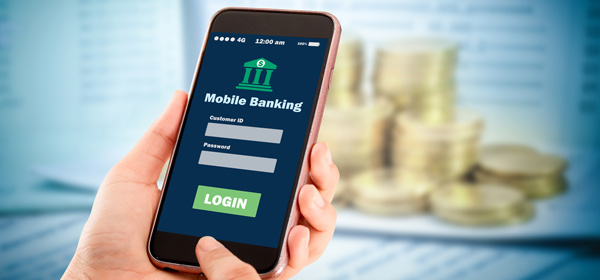Unless you are using the app of a reputable institution, you probably should not be conducting bank transactions on your mobile phone. Not all banks and financial services providers have the same standard of secure software for smartphones.
Comparison site Canstar’s most recent mobile banking award gave the Commonwealth Bank the top rating because, among other state-of-the-art features, its smartphone app ticked all the security boxes.
ING Direct was the only other finance firm to top the security criteria, which tested capabilities such as overdrawn fee alerts, PIN/password strength rules, finger print verification and the availability of secondary authentication.
Many other banking institutions offered far fewer security features.
Check out your bank’s security score and if you still prefer convenience over caution, there are ways to maintain electronic protection while making financial transactions on your smartphone.
- Ensure you have a passcode to lock your phone so that if you lose it, the finder will not be able to easily access the information you have stored in it.
- Use an app to find and protect your lost or stolen phone. Both Android and Apple phones have apps that allow you to use other devices to find your phone, lock it remotely and even erase all the data on it. Go to Apple Store and Google Play to locate the apps.
- The older the software on your phone, the more likely it is to offer inferior protection. Device makers regularly improve the security settings of their software. If you receive a message that an update is available, don’t ignore it. Download the update so you know your device is protected with the latest security features.
- Don’t do your banking while connected to free public wifi. Hackers are constantly looking for information available on unsecured networks that they can use to steal identities and your money.
- The same goes for having your Bluetooth switched on. This makes your phone transactions more visible to hackers. Switch it off before you do your banking.
- If you receive an SMS asking you to update your personal information, ignore it. Banks do not make these requests through SMS, but scammers looking to steal your identity do.
- Don’t link your debit card to any apps or accounts through your phone. Debit accounts do not have the same level of security as credit cards. With a credit card, if you notice unauthorised transactions, your bank may refund the missing money. But if someone steals from your debit card, you have next to no chance of recovering your funds.
Do you use your smartphone for banking? Have your bank accounts ever been hacked through your mobile phone? What other security tips do you use to keep your banking details safe?
Related articles:
Risks of phone banking
Malware scam targets mobile banking
SMS banking scam

